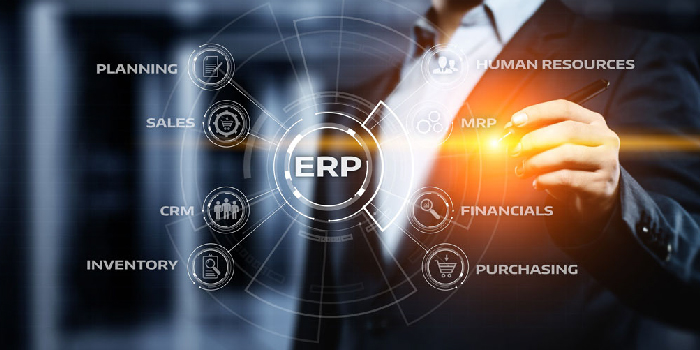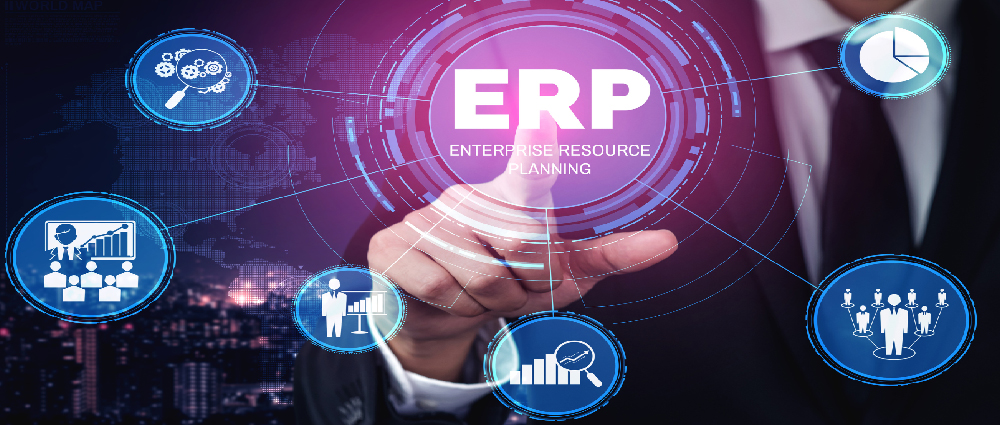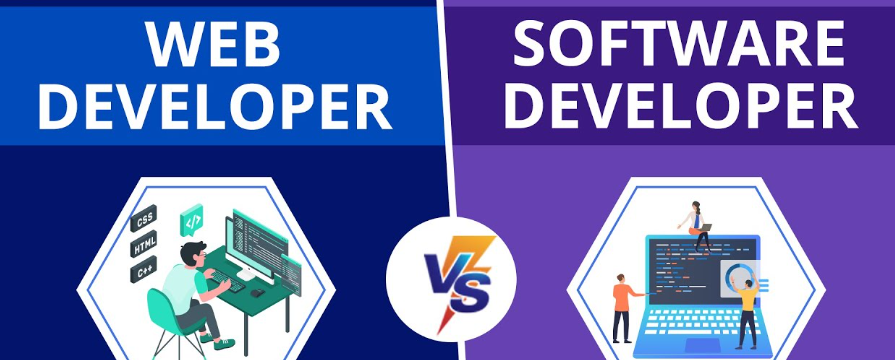The term “cloud ERP” refers to an enterprise resource planning (ERP) system that operates in the cloud rather than on a company’s servers. ERP software solutions helps with inventory, order, supply chain management, procurement, production, distribution, and fulfilment by integrating and automating these critical financial and operational company operations into a unified system.
Companies only need an internet connection and a web browser to access the programme.
In this post, Creatix9 US, the best ERP solutions and business automation services provider, will discuss the ERP cloud and its benefits for any business sector. Let’s start.
The Benefits of Enterprise Resource Planning Software in the Cloud
Learn why your company needs cloud-based enterprise resource planning (ERP) software.
-
Operating Cost and Upfront Infrastructure
A cloud-based ERP solution comes the lower costs during implementation which is one of the most significant benefits. On-premises enterprise resource planning (ERP) requires an initial investment in hardware, databases, consultants, IT personnel, security measures, and data backups.
An on-premises enterprise resource planning (ERP) system means extra expenses for upkeep, specialist in-house or on-call resources, upgrades/updates, and different servers as a business expands. Comparatively, the price of cloud ERP is around 30% lower than that of on-premises ERP.
As the cloud ERP has servers that host and manage the software, businesses save money on infrastructure, software, IT support, and upgrades. Moreover, the vendor provides continuous information technology (IT) support.
-
Execution Speed
Implementing on time is one of the significant challenges of any new ERP solution. In one survey, around half of the organizations reported finishing their installations in the estimated time. Since a cloud-based ERP system does not need choosing and installing hardware or recruiting, hiring, and training IT professionals, it typically allows businesses to get up and operate on the system much more quickly than an on-premises ERP system.
-
Accessibility

Users of a cloud-based ERP system can access their company’s data at any time, from any location, using any device. Everyone in the company, regardless of department or location, will have access to the same information, allowing for more rapid and accurate decision-making.
-
Scalability
Cloud-based ERP systems simplify scaling a firm because they eliminate the difficulties of deploying extra servers for more users, locations, or subsidiaries. Cloud ERP expands along with a business’s growth.
Organizations can begin with the most fundamental capabilities and expand as needed (without investing in more hardware). Additionally, a cloud ERP solution enables individuals in any part of the world to gain access to corporate data with just an internet connection.
Since no local server is essential when a firm expands through mergers and acquisitions, new units can be brought up rapidly. With its global network of data centres and the practice of keeping customer data across different sites, cloud service providers can offer more robust and consistent support than most firms could manage independently.
Most cloud-based software providers aim for an availability rate of 99.999%, making users see less than eight minutes of unscheduled downtime annually.
-
Agility and Customization

Cloud-based enterprise resource planning (ERP) develops with your company and can be tailored to your specific demands, whether at the start or over time. On-premises ERP software can make changes but make it harder to update to newer software versions in the future, especially if the necessary integrations have to be built from scratch.
For this, some companies hold off on updating their on-premises ERP systems and instead stick with outdated software.
Therefore, there is no need for costly downtime or additional hardware when upgrading a cloud ERP system, and the systems typically connect seamlessly with other cloud-based goods. With this level of adaptability, a company can respond to market shifts, customer trends, and unforeseen events more quickly.
-
Upgrades
Typically, cloud ERP providers handle all upgrades and updates on an ongoing basis, meeting the demands of their customers even as their businesses grow and change.
Upgrading or updating on-premises ERP software takes more time and, in some instances, the assistance of outside contractors. ERP cloud updates are typically performed outside of regular business hours, taking as little as 30 minutes to minimize disruptions to operations.
-
Protection, Compliance, And Emergency Plans

Many businesses need help handing over their sensitive data to a third party. On the other hand, cloud-based ERP vendors can provide more robust security and compliance features that are affordable for most businesses. A company can be assured that its data is constantly backed up and that the vendor has tested and proven disaster recovery protocols.
In the event of a hardware or software failure or a natural disaster, fire, or break-in, businesses using on-premises ERP solutions risk losing all of their data.
Data exchanged between clients and cloud service providers is usually encrypted end-to-end. Remember that businesses must ensure the safety of their cloud ERP users’ devices, such as computers and mobile phones, through identity and access management.
-
Safety and convenience of storage.
Migrating data from failing on-premises hardware to a new storage system can be time-consuming and expensive for businesses. Data for cloud-based ERP systems is stored in the provider’s data centres, spread over multiple locations, and has data redundancy.
Access to corporate data and information over the internet is another advantage, especially as more and more tasks and operations are moved online and businesses attempt to automate and streamline their processes.
Conclusion
Creatix9 US has experts skilled in providing the top ERP solutions and business automation services. You can contact them to design the cloud ERP which caters to your small and medium-sized enterprises in any industry. They ensure to build a cloud-based ERP with real-time insights, improved customer service, and lower supply chain costs by integrating and automating critical financial and operational processes.
Discover how implementing Creatix9 US ERP can propel your business forward. They also create a CMS enterprise portal and auditing app for your business. Contact them now.





